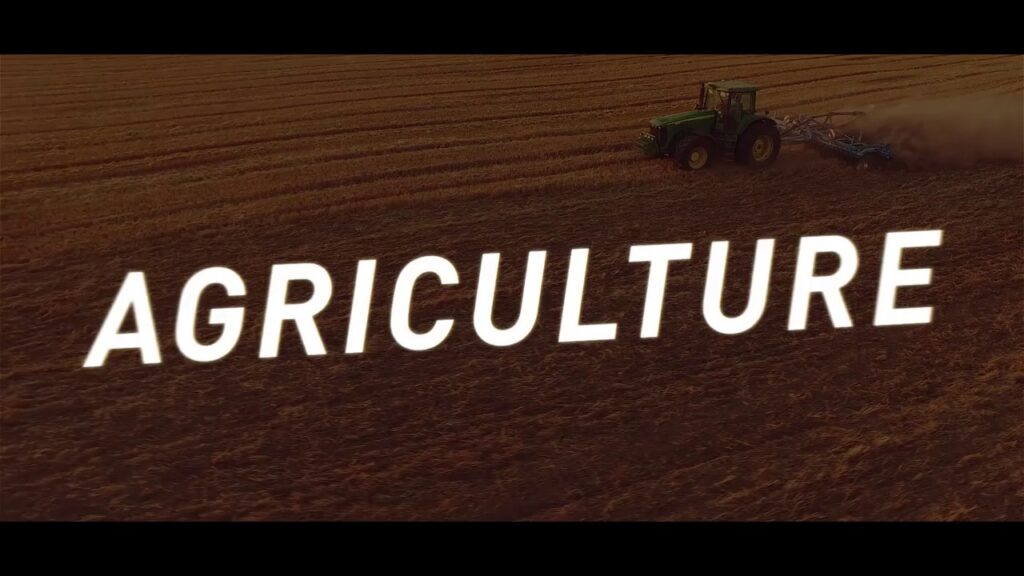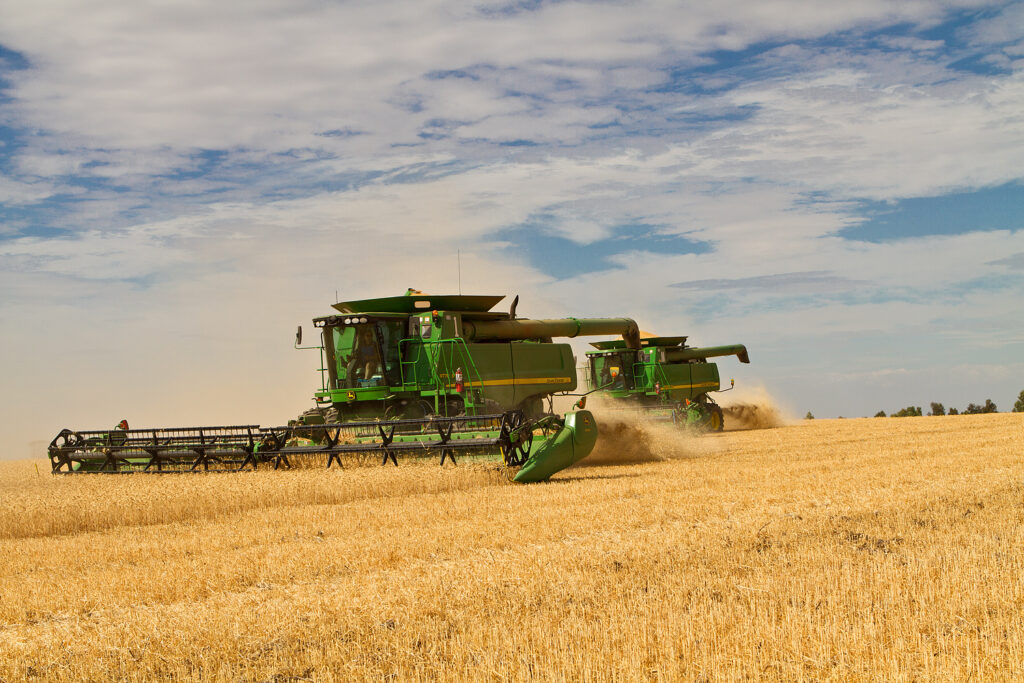American agriculture has come a long way from its humble origins. From the days of hand plowing and manual harvesting, the industry has undergone significant transformations due to technological advancements. These innovations have not only increased productivity and efficiency...
American agriculture has come a long way from its humble origins. From the days of hand plowing and manual harvesting, the industry has undergone significant transformations due to technological advancements. These innovations have not only increased productivity and efficiency but have also paved the way for more sustainable and environmentally friendly farming practices. In this article, we’ll explore some remarkable advancements in American agriculture technology.
Precision Agriculture
One of the most significant advancements in American agriculture is adopting precision agriculture techniques. This involves using advanced technologies such as GPS, drones, and sensors to optimize farming practices. Farmers can now precisely manage planting, irrigation, and fertilization, reducing waste and improving crop yields. This not only increases productivity but also reduces farming’s environmental impact.
Genetically Modified Organisms (GMOs)
Genetic modification has revolutionized American agriculture. GMOs are engineered to possess desirable traits, such as resistance to pests, diseases, and harsh environmental conditions. These crops often require fewer pesticides and less water, making them more sustainable. Moreover, they increase overall crop yields, which is crucial for feeding the ever-growing global population.
Robotics and Automation
Robotic technology has made its way into agriculture, revolutionizing tasks that were once labor-intensive and time-consuming. Automated tractors and harvesters are increasingly common on American farms, enhancing efficiency and reducing the need for manual labor. Drones equipped with cameras and sensors can monitor crop health and provide valuable insights into areas that need attention, leading to more informed decision-making.
Data Analytics and Farm Management Software

Farmers now have access to powerful data analytics and farm management software. These tools allow them to collect and analyze data on various aspects of their operations, from soil quality to weather conditions. Farmers can optimize yields and reduce costs with this information. Farm management software also enables better inventory control, helping farmers manage their resources more effectively.
Sustainable Agriculture Practices
Sustainability is at the forefront of American agriculture. Innovations in sustainable farming practices include no-till farming, cover cropping, and crop rotation. These techniques help maintain soil health, reduce erosion, and minimize the need for synthetic fertilizers and pesticides. As a result, sustainable agriculture is not only environmentally responsible but also economically advantageous for farmers.
Biotechnology and Crop Protection
Biotechnology has played a significant role in crop protection and pest management. In addition to GMOs, American agriculture has benefited from advancements in biological pesticides and biocontrol agents, which are more environmentally friendly and safer for both farmers and consumers. These innovations have reduced the reliance on chemical pesticides, promoting healthier ecosystems.
Climate-Resilient Agriculture
As climate change continues to impact the agricultural sector, there is a growing emphasis on developing climate-resilient crops and practices. This includes the breeding of heat-tolerant and drought-resistant varieties, as well as adjusting planting schedules and locations based on changing climate patterns. American agriculture is adapting to these challenges through a combination of traditional farming knowledge and cutting-edge technology.
Conclusion
Advancements in American agriculture technology have transformed the industry, making it more efficient, sustainable, and resilient in the face of global challenges. Precision agriculture, GMOs, automation, data analytics, sustainable practices, biotechnology, and climate-resilient agriculture have collectively reshaped how farmers work and produce food. These innovations benefit farmers by increasing yields and reducing costs but also play a vital role in addressing environmental concerns and ensuring a reliable food supply for the future. As technology evolves, American agriculture will likely remain at the forefront of innovation in the global farming industry.










